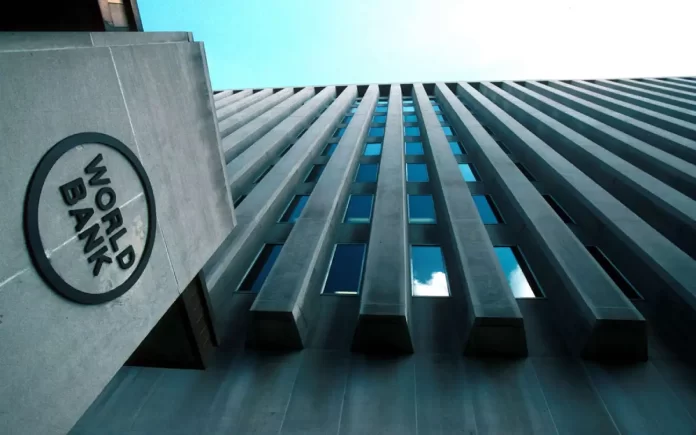Dubai: World Bank President Ajay Banga announced a forthcoming release of more proprietary data, including insights on debt defaults, with the aim of enticing greater private sector investment into developing countries. Speaking at the China Development Forum, Banga emphasized the World Bank Group’s achievements in mobilizing private capital, surpassing $41 billion for emerging markets and securing an additional $42 billion through private sector bond issuance last year, with plans for even greater totals this year.
Despite these strides, Banga stressed the necessity for further advancement, citing obstacles impeding private sector investment in developing economies. He highlighted the slowdown in economic growth, plummeting from 6% to barely 4% over two decades, with each percentage point decrease pushing 100 million individuals into poverty and escalating debt levels.
Banga underscored the daunting gap between the projected entry of 1.1 billion young people into the workforce within the next decade and the anticipated creation of only 325 million jobs, labeling it “unimaginable.” To address these challenges, the World Bank facilitated a focus group comprising 15 chief executives from asset management firms, banks, and operators, identifying concerns such as regulatory ambiguity, political risk insurance, and foreign exchange volatility.
Read More: China Implements Plan to Replace Intel and AMD Chips in Government Systems: Reports
In pursuit of a deeper understanding of these issues, the bank unveiled reforms consolidating its loan and investment guarantee structures while tripling annual guarantees to $20 billion by 2030. Additionally, Banga announced the imminent publication of private sector recovery data categorized by country income level, alongside private sector default data delineated by credit rating. Sovereign default and recovery rate statistics dating back to 1985 will also be made available.
“This collective effort serves a singular objective: mobilizing more private sector capital into developing economies to drive impact and foster job creation,” Banga affirmed.
The former CEO of Mastercard elaborated on the bank’s long-term strategy to establish a securitization platform, streamlining the process for pension funds and institutional investors to channel their $70 trillion into emerging markets. By bundling large standardized investments, this initiative aims to facilitate substantial investment at scale, overcoming the current fragmented landscape of individualized, bespoke loans with varied documentation, risk, and pricing.
Banga commended China’s remarkable transformation over the past five decades as a testament to potential progress. He highlighted China’s achievements in job creation, poverty reduction, and emission mitigation, noting its transition from a significant World Bank borrower to one of its most substantial donors.



